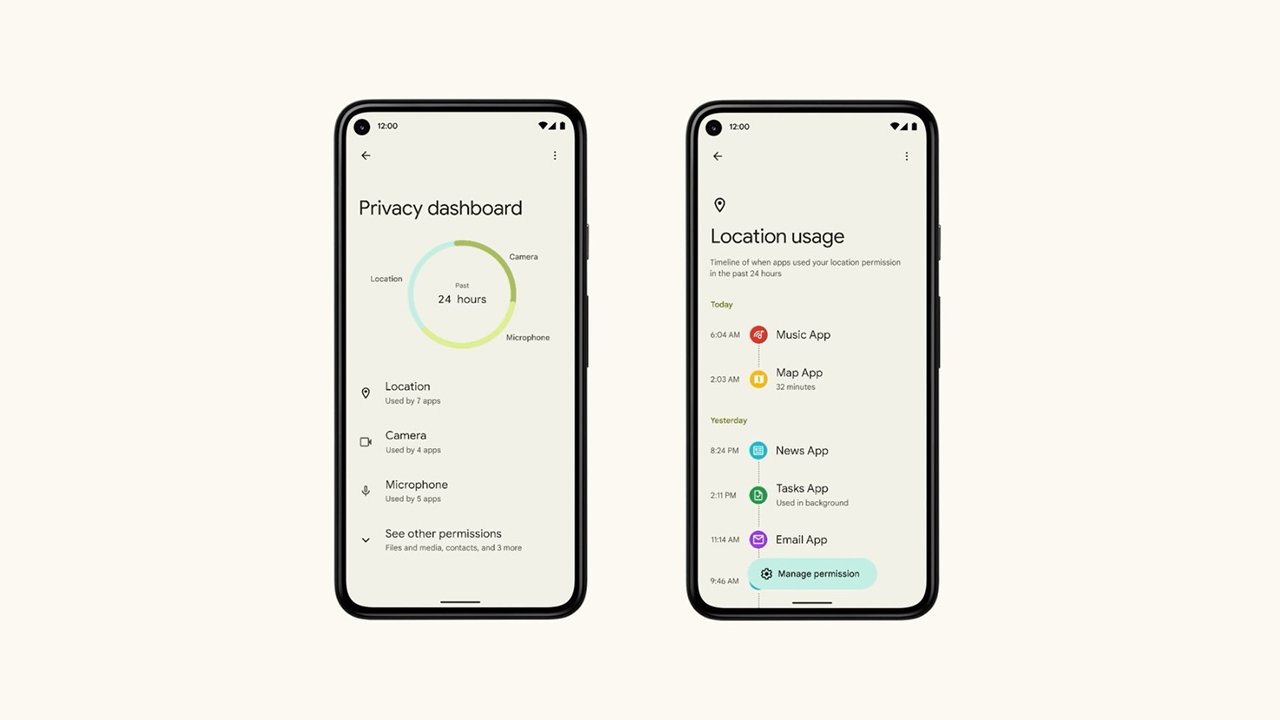Google says it's bringing Apple-like privacy features to Android
Google has announced that it would be bringing Apple-like privacy changes to Android, but promised that the updates wouldn't be as "disruptive" as features like App Tracking Transparency.
The planned Android changes are aimed at limiting the sharing of data across apps and third-party websites, The New York Times reported Wednesday. Google didn't outline a release timeline, but said it would support existing privacy technologies for at least two more years.
In contrast to Apple, Google emphasized that the goal of its privacy changes would be to find a more private option for users that also allows developers to continue making money off of advertising.
More specifically, the changes will adopt some of the browser-based privacy features on its Chrome browser for Android. Google's current privacy initiative is dubbed Project Sandbox.
Google said its privacy-minded features would allow advertisers to gauge the performance of ad campaigns and place personalized ads based on recent interests or past behavior. They would also limit the covert tracking of users.
The company did not offer many other details about how the new changes would work, however. It did say it plans on removing the Advertising ID tracker and would eventually phase out the use of identifiers in advertising on Android in general.
Apple's privacy changes, which includes App Tracking Transparency, also limit the sharing of data with third parties and other apps. The iPhone maker released the privacy update back in early 2021 following a campaign against the feature led by advertising-reliant companies like Facebook.
App Tracking Transparency requires developers to explicitly ask permission before they track users — and it has had a significant impact on advertising revenue. Earlier in February, Facebook parent company Meta said that its social media platform could take a $10 billion revenue hit from Apple's iOS privacy changes.
Google's emphasis on supporting advertisers underscores the difference between the two companies. Google makes most of its cash from advertising, while Apple generates the majority of its revenue through hardware sales.
 Mike Peterson
Mike Peterson











 Chip Loder
Chip Loder
 Malcolm Owen
Malcolm Owen
 William Gallagher
William Gallagher
 Christine McKee
Christine McKee
 Michael Stroup
Michael Stroup
 William Gallagher and Mike Wuerthele
William Gallagher and Mike Wuerthele








